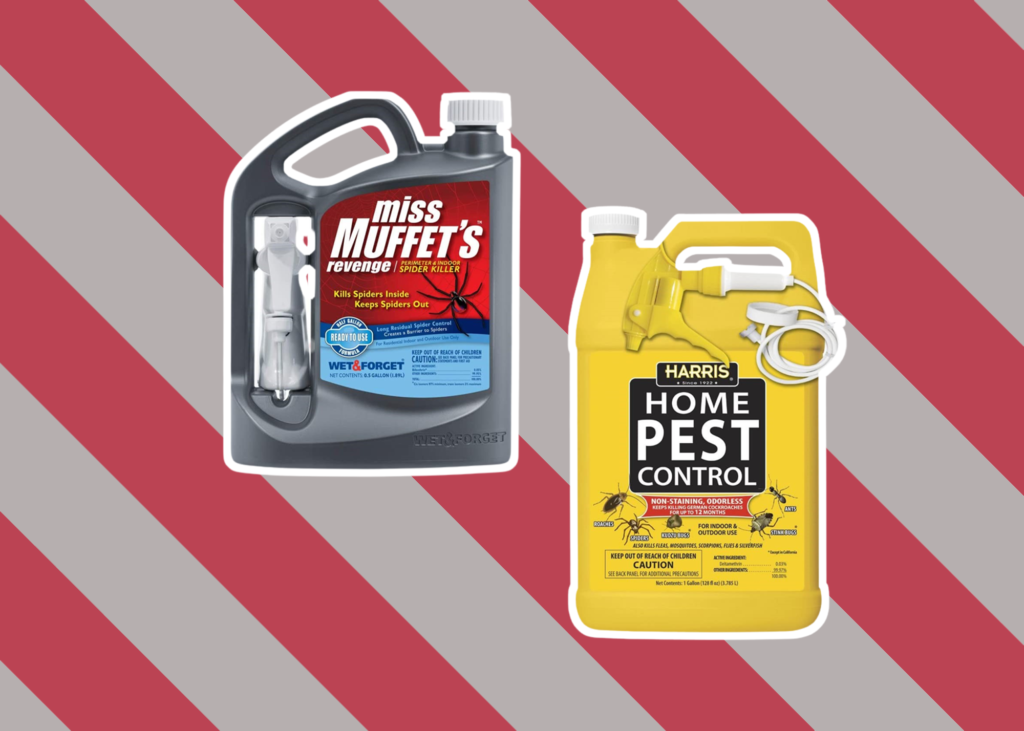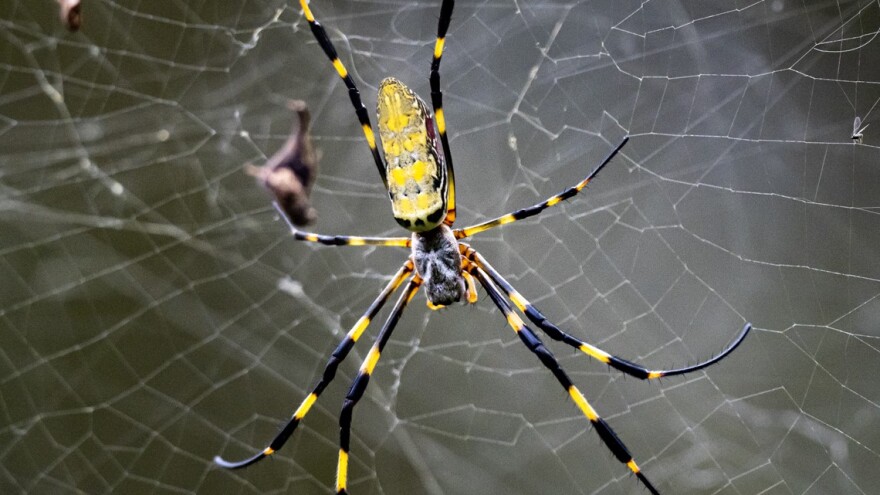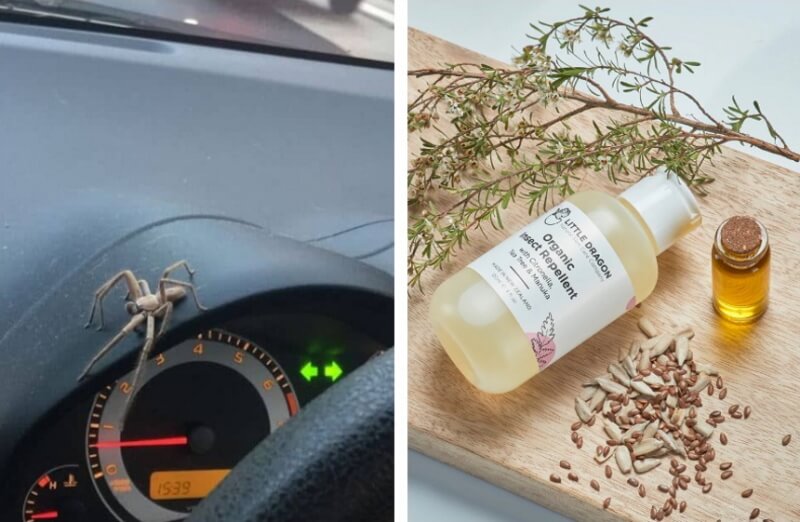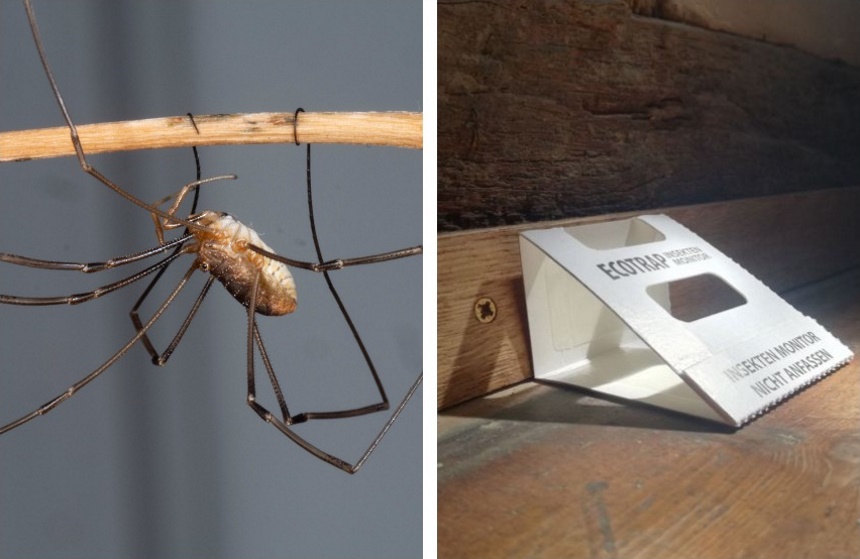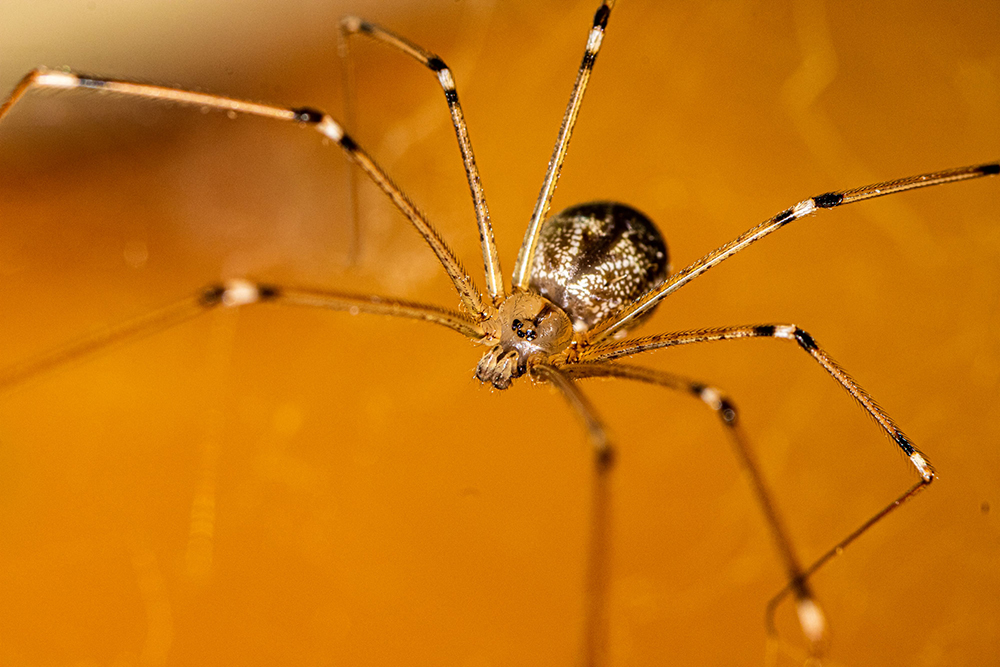

Humans have such a love-hate relationship with spiders. While yes, we acknowledge that they benefit us by eating insects that would otherwise be in our house, we also don’t want these creepy crawlers running around. If you’re tired of spraying your house with toxic commercial killers, then maybe you should consider a homemade spider killer that won’t break the bank and harm your health.
And just for the record, we’re not talking about a convoluted contraption that’s more complicated than rocket science. We’re talking about sprays that you can make yourself at home using ingredients that you probably already have in your cupboard. If not, the materials you need are inexpensive and only require a small amount per recipe.
Keep in mind that your mileage may vary depending on what you use and what kind of spider is in your house, so don’t get discouraged if it doesn’t work right away. Keep trying until you find one that works for you.
Creating your own homemade spider spray is easy, and more importantly, cheap. Most of them are water-based so the only things you need to pay for are the bottles and the oils. The other remedies don’t even require any mixing; you simply use the item as is.
One thing to keep in mind when making a homemade spider spray killer is to use a glass sprayer bottle instead of plastic. That’s because the essential oils degrade the plastic; the last thing you want is to clean a puddle of spider killer solution. Glass bottles don’t break down and the scent doesn’t stick on them, should you choose to repurpose the bottle into something else later.
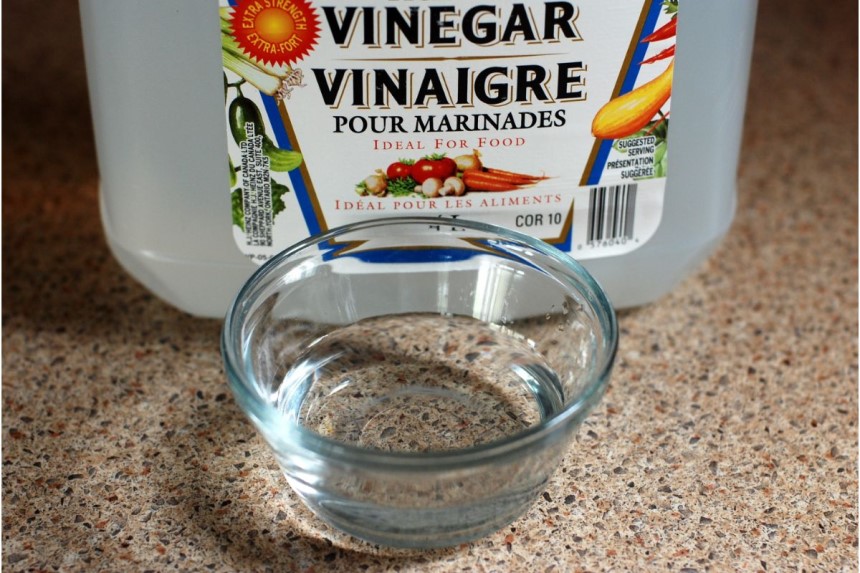
The only downside is your house might end up smelling of vinegar. Diluting it with water should help with the smell. However, if you have a particularly sensitive nose, a homemade spider killer with vinegar may not be for you.
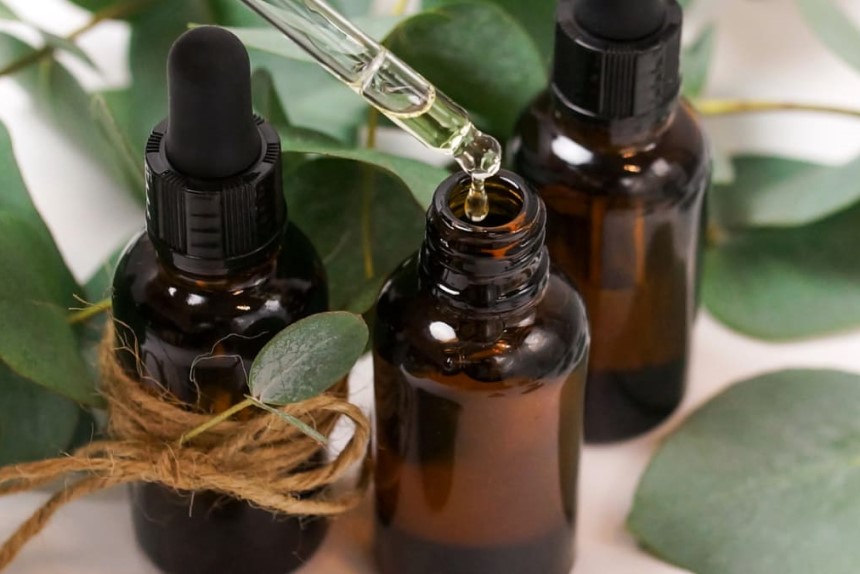
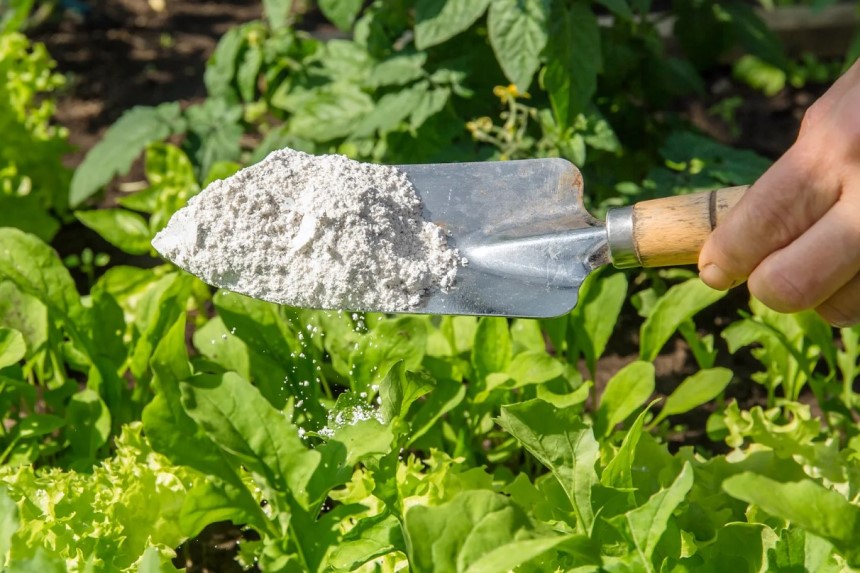
If you’re wondering what DE is, it’s a powder made from fossilized algae that’s completely natural and perfectly safe for humans. In fact, WebMD cites it as a good source of silica for the treatment of high cholesterol and constipation. If you want to try incorporating it into your diet while also using it as a spider killer, make sure you get something that’s both food-grade and organic.
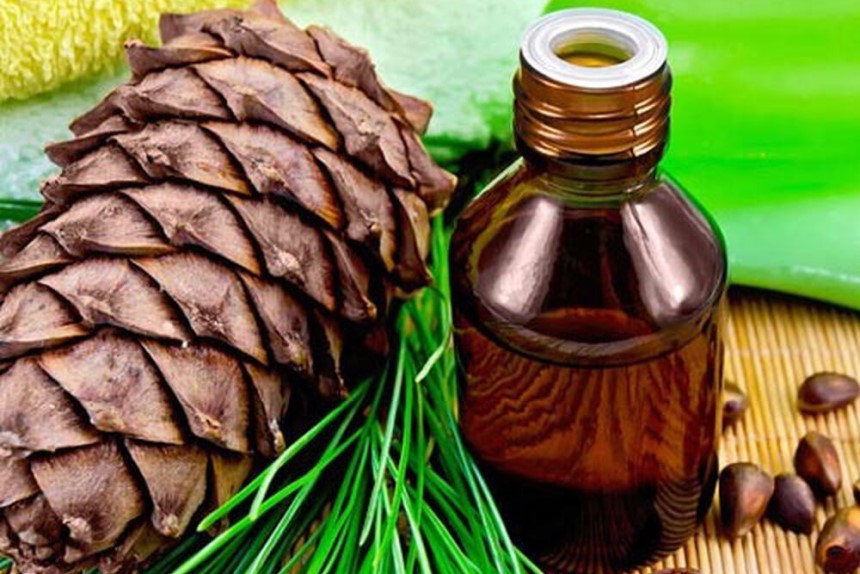
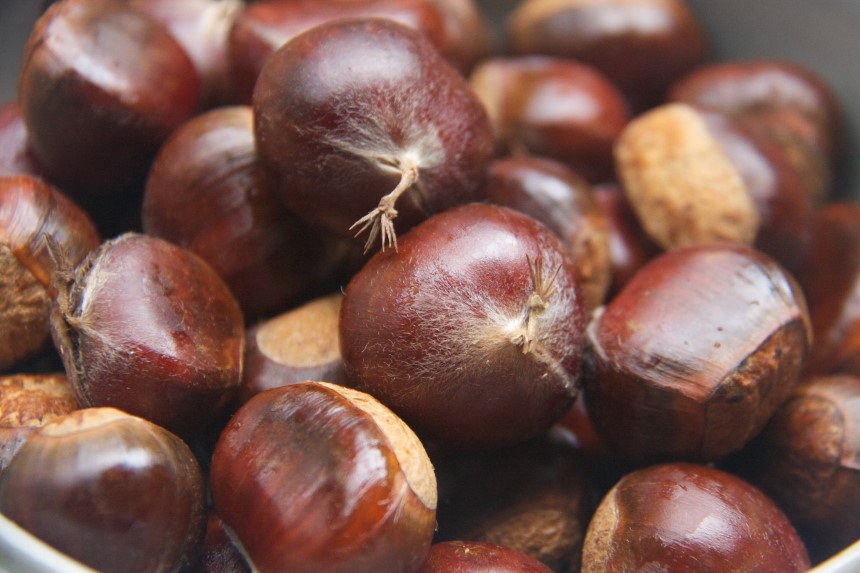
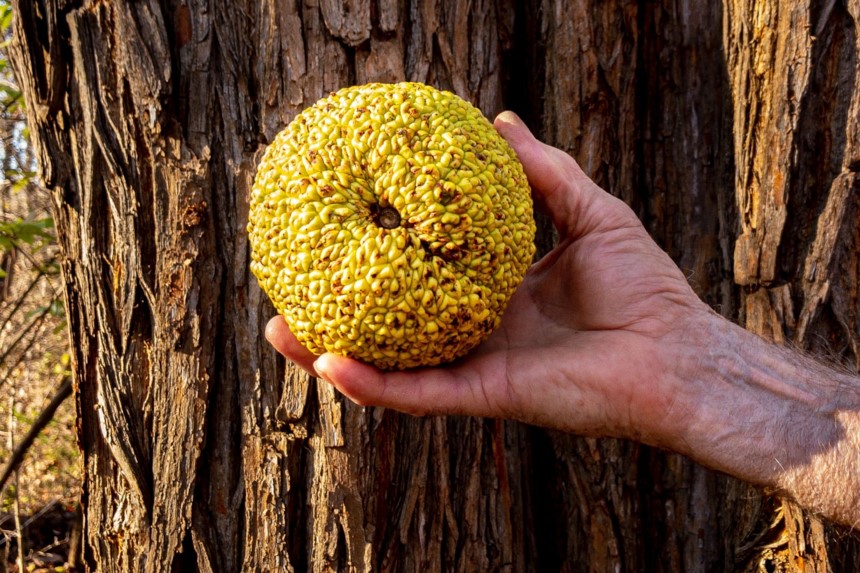
However, researchers from Iowa State University found inconclusive results about the fruit’s effect on spiders. Keep in mind that they only performed their tests on whole fruits instead of using sliced ones. Slicing the fruits and placing them strategically around the perimeter of your house might be worth trying. For even better results, use them alongside some of the best traps for spiders to make sure you don’t miss anything.

If you’ve ever found yourself wanting to rid your house of spiders, your first thought probably would’ve been to run to the store and grab the best foggers for spiders. While that’s a rational decision, did you know it’s cheaper and safer in the long run to make the homemade spider spray killer yourself? All you need is a glass bottle, your ingredient of choice (vinegar, essential oils, cedar oil), and some water to get you going.
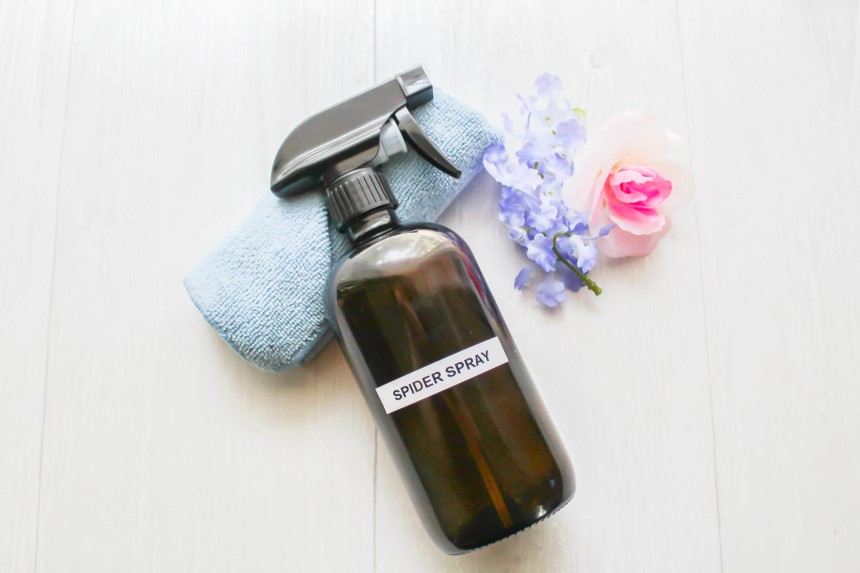 Where to Spray It
Where to Spray ItThe first places you should be spraying are the areas where spiders can enter – around your door and door frame; your windows; corners of the wall; any cracks and crevices; and even around the register. Basically, if it’s an entrance from the outside and a spider can fit through it, spray it. Make sure to respray the surfaces every few days until you’re sure that all spiders are gone.
Be careful, however, if you decide to use your homemade spider mite killer for house plants. Peppermint oil, in particular, should not be used if you have pets that may chew on the leaves or kids who might touch them. Essential oils should never be ingested so keep this in mind.
How often you use your homemade spider spray killer indoors depends on how many spiders you have and how much you like the scent. If you have quite a lot of spiders around, spraying two to three times a week for the first few weeks might be beneficial. You want to make sure you kill or repel any existing ones inside your house and deter them from coming back.
However, if your spider problem is light or if you just want to make sure they stay outside, once a week is likely enough. As long as you’re diligent in spraying any potential entrances, you can be sure that spiders won’t be back anytime soon. You even get to enjoy the added benefit of your house smelling nice, thanks to the scent of the essential oils. That’s a win-win situation!
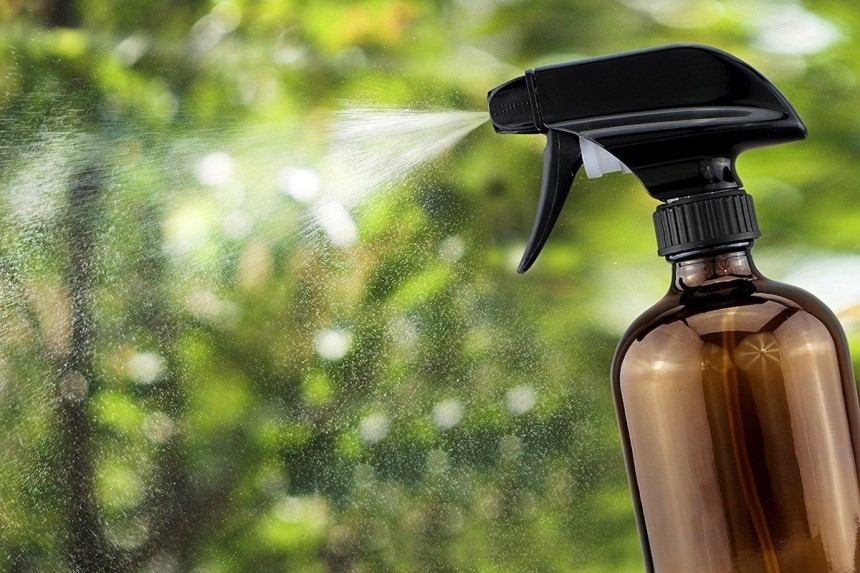
You can even use your homemade spider mite killer for weed plants! In fact, scientists found in 2018 that peppermint oils, when combined with winter savory, “constitutes an eco-friendly and less pernicious alternative to weed control.” Talk about a 2-in-1 benefit from the same homemade solution.
There’s a downside to using your homemade spider spray killer outdoors: it repels all sorts of insects indiscriminately. While the solution works well to keep undesired insects out, it can also drive away helpful ones such as ladybugs. If you’re looking to target spiders specifically, consider using one of the best outdoor spider sprays instead.
Several studies have been conducted to prove the effectiveness of these sprays, not to mention the number of testimonials from those who used them over the years. These sprays and solutions have been proven to work, but it’s up to you to pick which one is best for your situation.
For example, if you or someone in your household has respiratory problems, you probably should not use DE as it comes in a form of fine dust. If you can’t stand the smell of vinegar but love the smell of cedar oil, then you should make your homemade spider spray out of cedar oil instead. Always remember that you’re making these sprays to benefit you and your family, so always choose the safest and most beneficial option for your needs. That’s the point of creating them yourself, after all.
We’ve been talking about using these homemade spider killers but we’ve never actually mentioned how to make them; you’d be surprised at how easy the process is. For example, vinegar-based sprays only need equal parts water and vinegar. Some people add a drop of dish soap and pepper into the solution, so feel free to add them at your discretion.
Meanwhile, homemade spider spray recipes that use essential oils are just as easy to make. First, fill your spray bottle with water. Then put 10-15 drops of your chosen oil into the bottle and mix well. Add a few more drops if you think you need a stronger solution.
Now that you know how easy they are to make, there’s no need for you to buy premade solutions online.
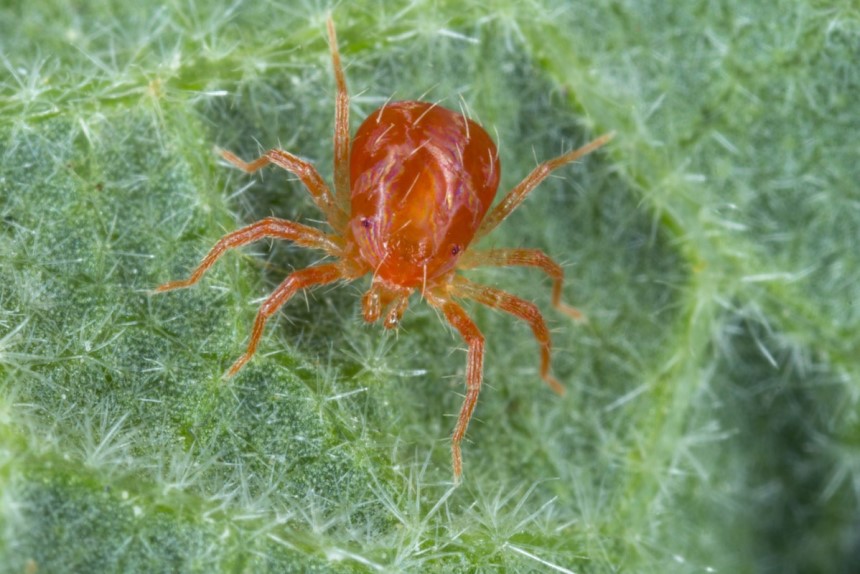
Getting rid of these pests are crucial if you want to save your plants; thankfully, homemade spider mite killers for house plants will handle them just fine. But there’s a catch: if you’re trying to treat something you’ll be eating, you shouldn’t use essential oils for your spray.
If you’re only treating decorative plants, you have a few more options at your disposal. One way is to mix equal parts water and rubbing alcohol onto a spray bottle. This homemade spider mite killer with alcohol works immediately; it kills spider mites on contact. Another option calls for the addition of dish soap into the solution, which traps and suffocates the pests.
Whichever spray you end up using on your plants, make sure you reapply every few days until the infestation is cleared. Make sure you clear their web just to make sure you don’t have any stragglers trying to stay behind.
Spiders usually don’t enter the house maliciously; they do so because they think they can feed themselves there. Because spiders like bugs and insects, it’s a hint that your house may have a bug or insect problem as well. Maybe spiders are really just trying to help, after all?
Prevention is always better than the cure, so here are some steps you can take to prevent them from entering (or re-entering) your house:
Getting rid of spiders in your house should neither be expensive nor poisonous. As you’ve learned, creating your own homemade spider killer is cheap and easy. Not only are they non-toxic but they also smell good as well. They can also be used for other purposes. Always avoid trying to use commercial insect killers; your body and the environment will thank you.
